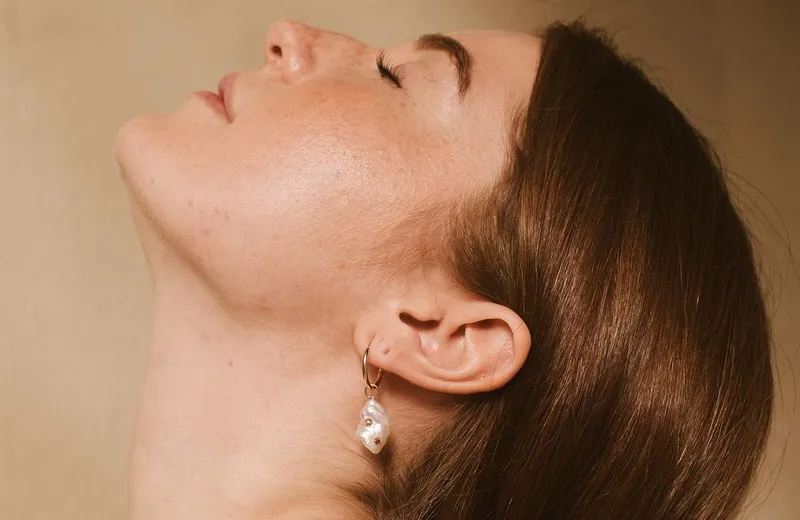
You want your skin to be even, smooth, and well-hydrated. But, if you’re struggling with dry skin patches on your face, having that even, smooth, well-hydrated complexion can seem like an impossibility.
But what, exactly, are dry skin patches? Where do they come from? And, most importantly, what are the best dry skin treatments to treat those patches and get the complexion you deserve?
What Are Dry Skin Patches?
As the name suggests, dry skin patches are areas of the face that are drier than others. But depending on the severity of the dry patches on your skin, you’re likely to experience other symptoms along with dryness including redness, irritation, flakiness, and uneven texture.
Why Do You Get Dry Skin Patches On Your Face?
There are a number of reasons you might struggle with dry skin patches on your face:
Skin Type
Weather And Humidity
Reaction To Skincare Products
Skin Condition
What Are The Best Dry Skin Treatments To Treat Dry Patches?
If you want to get rid of your dry patches, here are a few dry skin treatments that will help you get your skin back on track:
Avoid Any Skincare Products That May Dry Out Your Skin
Ingredients you want to avoid if you’re trying to clear up dry patches include chemical exfoliants (like glycolic acid or salicylic acid), benzoyl peroxide, and isopropyl alcohol. You’ll also want to use physical exfoliants sparingly; while you might think scrubbing off your dry patches is an effective treatment, it could actually make the problem worse.
Moisturize, Moisturize, Moisturize
If you’re struggling with dry skin patches on your face, it’s imperative that you moisturize your skin at least twice a day. Slather on a hydrating oil with Vitamin E (which can help heal the skin) during the day and use a more emollient night cream while you sleep to add a heavy dose of hydration back into the skin. Also, look for hydrating ingredients in the rest of your skincare products (like a serum with hyaluronic acid, which binds moisture to the skin).
Get A Humidifier
If the dry patches on your skin are a result of cold, dry weather, consider getting a humidifier in your bedroom. Humidifiers can help replace moisture loss and rehydrate your skin while you sleep.
See Your Dermatologist







